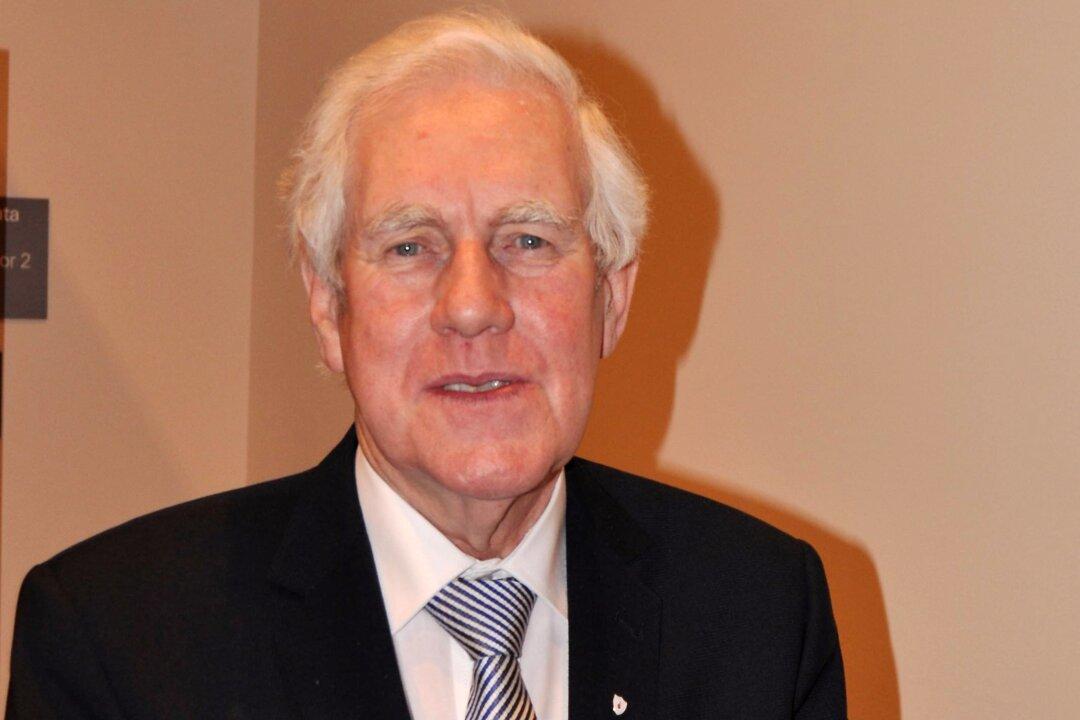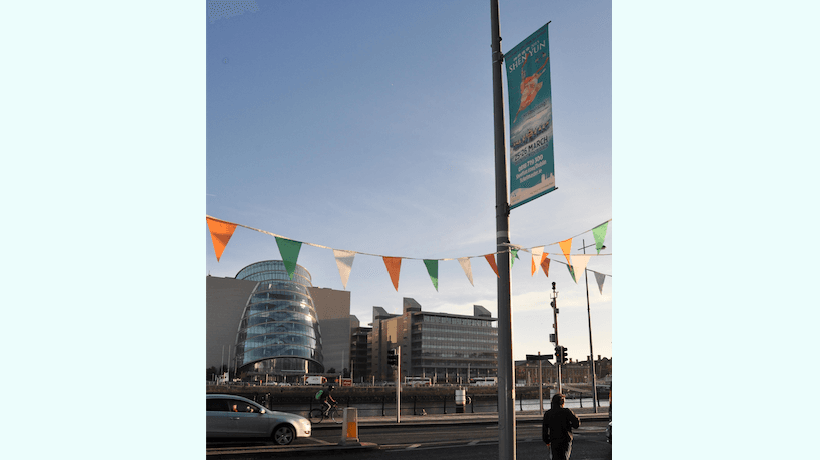Irish Minister for Finance, Mr. Brian Lenihan, announced last week that the tax revenue for 2008 was 8,133 million Euro below estimated levels, resulting in a 12,714 million Euro Exchequer deficit.
Commenting on the defecit the Minister for Finance said in a statement, “The Exchequer Returns published today are in line with the projections outlined at the start of December. These figures reflect the fact that, both domestically and internationally, economic conditions are poor.”
Mr. Lenihan explained the reasons behind this shortfall, “The further deterioration in tax receipts since budget day reflects the worsening economic circumstances over the last number of months.”
Two months earlier when the Minister for Finance set out his emergency budget he acknowledged that the country was facing into “the most difficult and uncertain times in living memory.” This budget was called an emergency budget because it was announced two months earlier than usual to tackle the deepening economic crises.
The Minister said when launching the emergency budget, “This budget sets out a plan to deal with this most unfavourable set of circumstances. The aim is to restore order and stability in the public finances, to increase productivity and competitiveness and to protect those who are most vulnerable in our country.”
The Minister for Finance said the October budget was setting out targets for the next three years and in that time frame the government must take the necessary steps to bring order to the public finances which would instil confidence in investory in the Irish economy.
Mr Lenihan cited increased unemployment-related spending as one of the main culprits for the deficit.
The Exchequer borrowing requirement of 12.7 billion Euro in 2008 was substantially higher than The Minister for Finance had planned for and as a result the national Irish debt has increased by this amount. These factors combined with economic data published since the budget have lead the Minister to speculate that the economic activity in 2009 will be reduced by approximately 4 per cent.
Mr Bruton said he is concerned that a large proportion of government spending was planned for non-investment purposes. He added, “In the year ahead ... half of that borrowing will not be used for investment, but simply to fund day-to-day costs.
“Debt will exceed 60 per cent of GDP by the end of the year, more than doubling in two years,” according to Mr. Bruton.
Mr. Bruton called for the government to reframe Budget 2009 for what he called “the sake of the country.” It was his opinion that it was not acceptable for the government to change its spending plans, “by stealth, guided by an unelected body with no public scrutiny.”
In a statement from Leader of the Irish Labour Party, Eamon Gilmore, said the Taoiseach Brian Cowen and Fianna Fail were to blame for having “led us into the greatest fiscal crisis in the history of the state.”
Mr. Gilmore was worried that there was a lack of leadership and ideas from the government needed to get the economy moving and people back to work.
He said, “The government’s Framework for Economic Recovery, published before Christmas, was a total damp squib, which provided little in the way of any long term vision and even less in the way of proposals to deal with the current crisis, particularly in regard to unemployment.”
Deputies will return to the Dáil (Irish government) on January 20th to mark the 90th anniversary of the first Dáil in 1919. They are currently on a six week Christmas break.
Commenting on the defecit the Minister for Finance said in a statement, “The Exchequer Returns published today are in line with the projections outlined at the start of December. These figures reflect the fact that, both domestically and internationally, economic conditions are poor.”
Mr. Lenihan explained the reasons behind this shortfall, “The further deterioration in tax receipts since budget day reflects the worsening economic circumstances over the last number of months.”
Two months earlier when the Minister for Finance set out his emergency budget he acknowledged that the country was facing into “the most difficult and uncertain times in living memory.” This budget was called an emergency budget because it was announced two months earlier than usual to tackle the deepening economic crises.
The Minister said when launching the emergency budget, “This budget sets out a plan to deal with this most unfavourable set of circumstances. The aim is to restore order and stability in the public finances, to increase productivity and competitiveness and to protect those who are most vulnerable in our country.”
The Minister for Finance said the October budget was setting out targets for the next three years and in that time frame the government must take the necessary steps to bring order to the public finances which would instil confidence in investory in the Irish economy.
Mr Lenihan cited increased unemployment-related spending as one of the main culprits for the deficit.
The Exchequer borrowing requirement of 12.7 billion Euro in 2008 was substantially higher than The Minister for Finance had planned for and as a result the national Irish debt has increased by this amount. These factors combined with economic data published since the budget have lead the Minister to speculate that the economic activity in 2009 will be reduced by approximately 4 per cent.
‘Budget Built on False Foundations’—Irish Government Opposition Parties
The deputy leader of the Irish political party Fine Gael Richard Bruton was critical of the budget for 2009 in light of the current deficit. He said in a statement, “The latest Exchequer figures show that Budget 2009 was built on entirely false foundations.
“In 2008 the Government borrowed more than two and a half times what it said they would. A quarter of that money was not used for investment, but simply to finance day-to-day current spending.Mr Bruton said he is concerned that a large proportion of government spending was planned for non-investment purposes. He added, “In the year ahead ... half of that borrowing will not be used for investment, but simply to fund day-to-day costs.
“Debt will exceed 60 per cent of GDP by the end of the year, more than doubling in two years,” according to Mr. Bruton.
Mr. Bruton called for the government to reframe Budget 2009 for what he called “the sake of the country.” It was his opinion that it was not acceptable for the government to change its spending plans, “by stealth, guided by an unelected body with no public scrutiny.”
In a statement from Leader of the Irish Labour Party, Eamon Gilmore, said the Taoiseach Brian Cowen and Fianna Fail were to blame for having “led us into the greatest fiscal crisis in the history of the state.”
Mr. Gilmore was worried that there was a lack of leadership and ideas from the government needed to get the economy moving and people back to work.
He said, “The government’s Framework for Economic Recovery, published before Christmas, was a total damp squib, which provided little in the way of any long term vision and even less in the way of proposals to deal with the current crisis, particularly in regard to unemployment.”
Deputies will return to the Dáil (Irish government) on January 20th to mark the 90th anniversary of the first Dáil in 1919. They are currently on a six week Christmas break.



